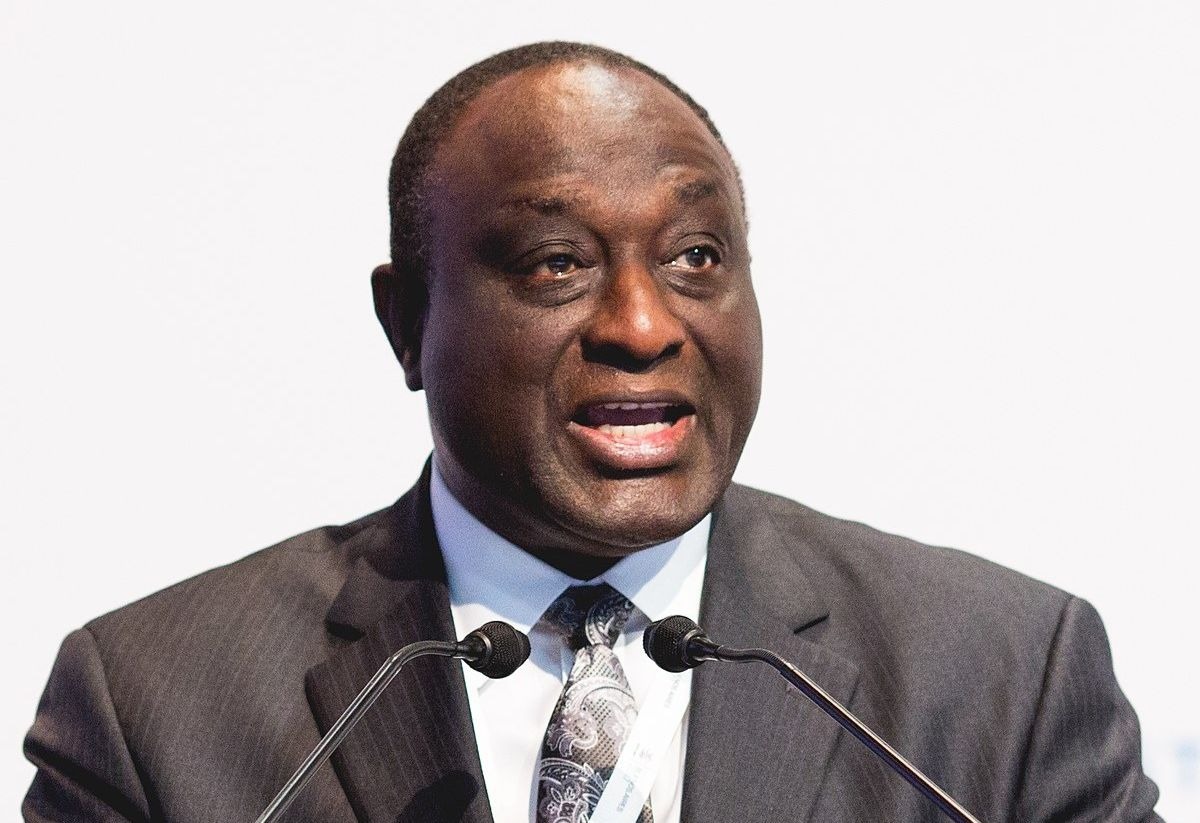- by Admin
- January 28, 2024
Click the link below to join Our WhatsApp group for daily brief on current trends in the country.
Join Here!
Loading

In an unprecedented move, Alan Kyerematen, the presidential candidate for the Alliance for Revolutionary Change (ARC), has made a bold promise that could reshape Ghana’s political landscape.
As the nation gears up for the December 7 general elections, Kyerematen has pledged that if elected, half of his ministers will be drawn from the New Patriotic Party (NPP) and the National Democratic Congress (NDC), the two dominant political parties in Parliament.
Mr. Kyerematen pledges his commitment to inclusivity and national unity. He stated that his decision aligns with the 1992 Constitution, which mandates that the President must appoint at least half of the ministers from Parliament.
“I hear people asking, how are you going to get your ministers but that is very simple. I am saying that I will pick ministers from the two parties that are represented in Parliament and if there are other parties that will make it to Parliament, I also have the flexibility to pick independent candidates.
“I am picking them not because they are NPP or NDC. I will pick them on the basis of their own individual merit. It is just that they are in Parliament and I am required by the constitution to pick at least half of my ministers from Parliament.”
Mr. Kyerematen’s vision for inclusive governance goes beyond mere political rhetoric. By pledging to include members from both the NPP and NDC, he aims to foster a collaborative political environment that prioritizes national interest over partisan politics. This approach, he believes, will help bridge the deep-seated political divide that has often hindered the country’s progress.
“Inclusivity is not just a campaign slogan; it is a necessity for the development and stability of our nation,” he says.
Alan Kyerematen’s announcement has sparked varied reactions from political analysts, party members, and the general public. Some view this move as a pragmatic step towards healing the nation’s political wounds, while others are skeptical about its feasibility and potential challenges in implementation.
Justice Siaw Mandela, a political analyst noted, “Alan’s proposal is ambitious and could mark a significant shift in our political culture. However, the success of such a plan will largely depend on the willingness of both parties to cooperate and prioritize national interest over partisan gains.”
Vera Amoako, a student at the Wisconsin International University College, Ghana, believes that implementing a bipartisan cabinet in a deeply polarized political environment will not be without challenges.
“There are concerns about how Kyerematen will manage potential conflicts of interest and maintain a cohesive government. The delicate balance of ensuring that ministerial appointments are truly merit-based, while also satisfying political expectations, will be crucial,” she said.
She added that the desire for national progress and the public’s growing disillusionment with partisan politics will drive a new era of cooperation.
“The people of Ghana are tired of the divisiveness. They want leaders who can work together to solve the pressing issues facing our nation,” she asserted.
As the election approaches, Mr Kyerematen’s promise of an inclusive government is set to be a defining element of his campaign. If successful, it could pave the way for a more collaborative and less adversarial political environment in Ghana. For now, Ghanaians watch closely, hopeful yet cautious, about the prospect of a government that truly embodies the spirit of unity and inclusive governance.
Alan Kyerematen’s bold vision challenges the status quo and offers a glimpse of a future where political inclusivity and national unity are paramount. Whether this vision becomes a reality will ultimately be determined by the will of the people come December 7.

Click the link below to join Our WhatsApp group for daily brief on current trends in the country.
Join Here!
0 Comments: